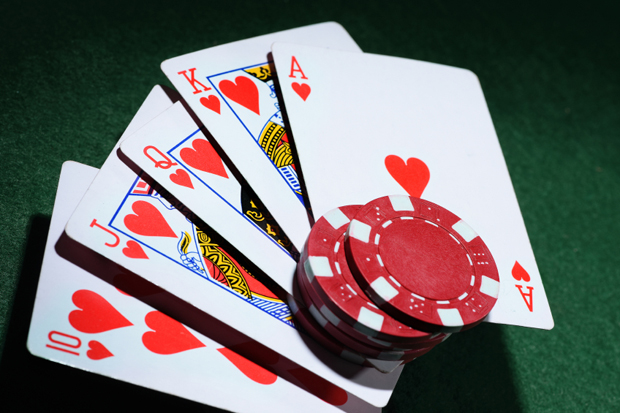If I prang your car, we can swap insurance details. In the past, it would have been necessary for you to kill me. That’s the great thing about money: it makes liabilities payable, and blood feud unnecessary.
Spare a thought, then, for the economist Robin Hanson whose idea it was, in the years following the World Trade Center attacks, to create a market where traders could speculate on political atrocities. You could invest in the likelihood of a biochemical attack, for example, or a coup d’etat, or the assassination of an Arab leader. The more knowledgeable you were, the more profit you would earn — but you would also be showing your hand to the Pentagon.
The US Senate responded with horror to this putative “market in death and destruction”, though if the recent BBC drama The Night Manager has taught us anything at all (beyond the passing fashionability of tomato-red chinos), it is that there is already a global market in death and destruction, and it is not at all well-abstracted. Its currency is lives and livelihoods. Its currency is blood. A little more abstraction, in this grim sphere, would be welcome.
Most books about money stop here, arrested — whether they admit it or not, in the park’n’ride zone of Francis Fukuyama’s 1989 essay “The End of History?” Adam Kucharski — a mathematician who lectures at the London School of Hygiene and Tropical Medicine — keeps his foot on the gas. The point of his book is that abstraction makes speculation, not just possible, but essential. Gambling isn’t any kind of “underside” to the legitimate economy. It is the economy’s entire basis, and “the line between luck and skill — and between gambling and investing — is rarely as clear as we think.” (204)
When we don’t know everything, we have to speculate to progress. Speculation is by definition an insecure business, so we put a great deal of effort into knowing everything. The hope is that, the more cards we count, and the more attention we pay to the spin of the wheel, the more accurate our bets will become. This is the meat of Kucharski’s book, and occasions tremendous, spirited accounts of observational, mathematical, and computational derring-do among the blackjack and roulette tables of Las Vegas and Monte Carlo. On one level, The Perfect Bet is a serviceable book about professional gambling.
When we come to the chapter on sports betting, however, the thin line between gambling and investment vanishes entirely, and Kucharski carries us into some strange territory indeed.
Lay a bet on a tennis match: “if one bookmaker is offering odds of 2.1 on Nadal and another is offering 2.1 on Djokovic, betting $100 on each player will net you $210 — and cost you $100 — whatever the result. Whoever wins, you walk away with a profit of $10.” (108) You don’t need to know anything about tennis. You don’t even need to know the result of the match.
Ten dollars is not a great deal of money, so these kinds of bets have to be made in bulk and at great speed to produce a healthy return. Which is where the robots come in: trading algorithms that — contrary to popular myth — are made simple (rarely running to more than ten lines of code) to keep them speedy. This is no small problem when you’re trying to automate the business of gaming the entire world. In 2013 — around the time the US Senate stumbled across Robin Hanson’s “policy market” idea, the S&P 500 stock index took a brief $136 billion dive when trading algorithms responded instantly to a malicious tweet claiming bombs had gone off in the White House.
The subtitle of Kucharski’s book states that “science and maths are taking the luck out of gambling”, and there’s little here to undercut the gloomy forecast. But Kucharski is also prosecuting a cleverer, more entertaining, and ultimately more disturbing line of argument. He is placing gambling at the heart of the body politic.
Risk reduction is every serious gambler’s avocation. The gambler is not there to take part. The gambler isn’t there to win. The gambler is there to find an edge, spot the tell, game the table, solve the market. The more parts, and the more interactions, the harder this is to do, but while it is true that the world is not simply deterministic, at a human scale, frankly, it might as well be.
In this smartphone-enabled and metadata-enriched world, complete knowledge of human affairs is becoming more or less possible. And imagine it: if we ever do crack our own markets, then the scope for individual action shrinks to a green zero. And we are done.

